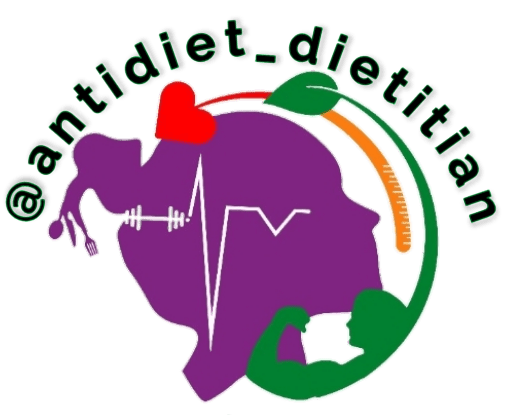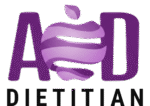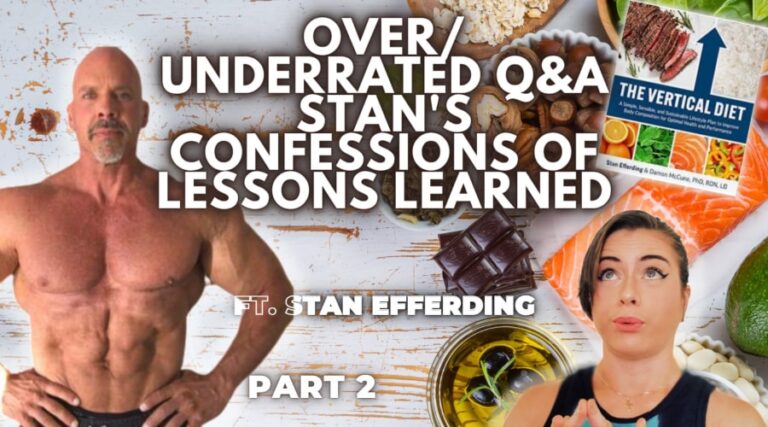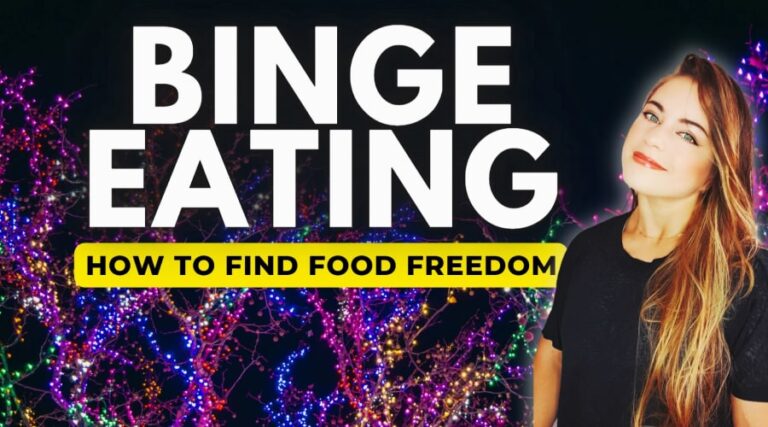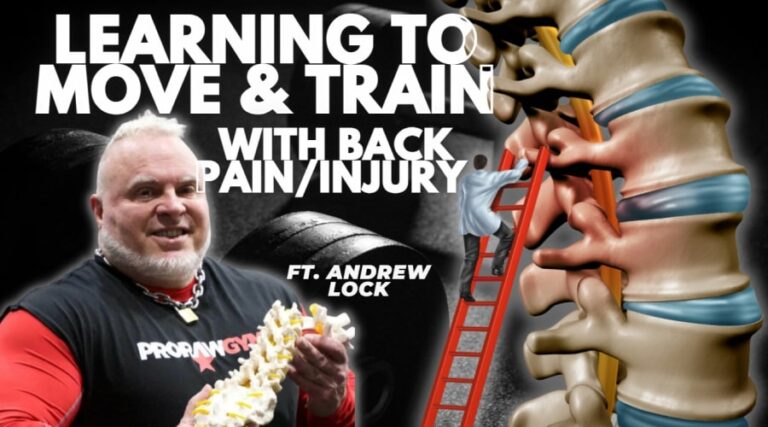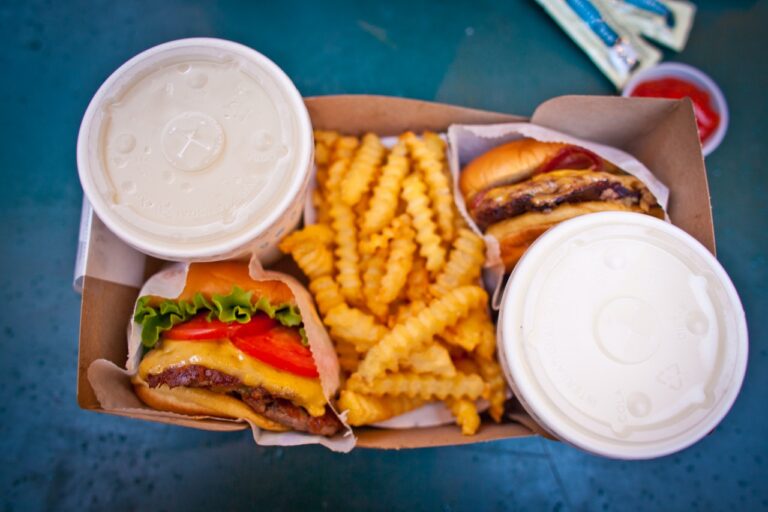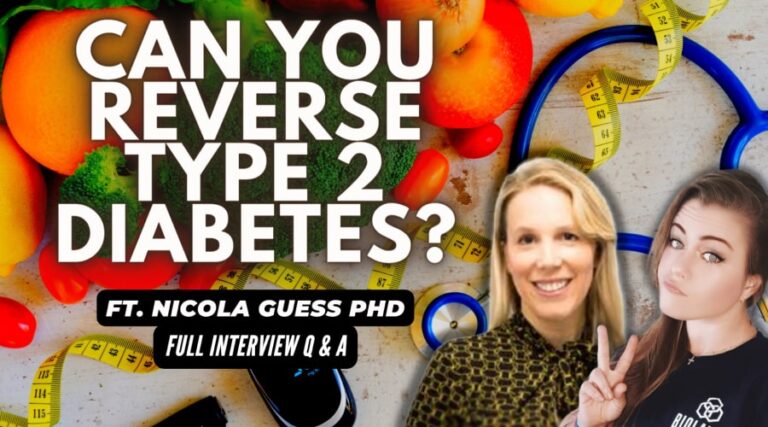- +61 426 844 919
- info@astrid-dietitian.com
- Queensland 4227, Australia
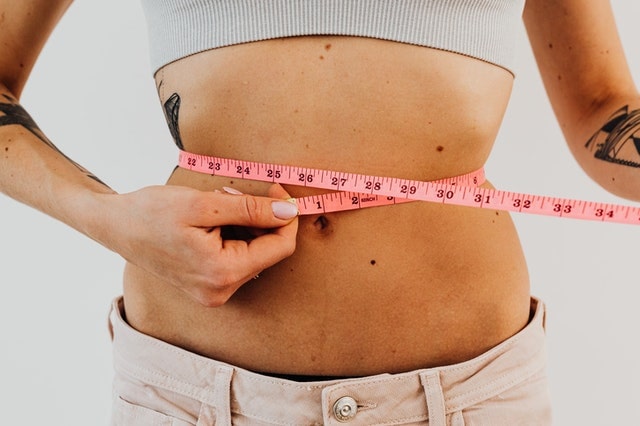
Stop Labeling Foods Good or Bad
Stop Labeling Foods Good or Bad
- No BS Online Nutrition, Strength and Mindset Coach
Have you ever said something like “I was so good today” or “I was so bad over the weekend”
when referring to food choices?
How many videos or posts on social media have you seen saying to “eat this not that”?
Good food vs Bad food
Confusing isn’t it? It’s hard to know wtf to believe. We start to call ourselves names for eating
certain foods. We restrict our favorite foods such as donuts, pizza, and maybe even lasagna
because, omg they are BAD!
Imagine it’s your Birthday. You don’t have cake because of fear of either gaining weight because it’s “bad” and you think sugar will make you fat! It’s your BIRTHDAY!! You don’t even eat delicious cake on your own birthday! The cake is not the problem, your thought process around how you feel about the cake and what will happen if you eat it is.
I promise you can eat the foods you love and reach your goals. Moderation, not elimination, is key.
The good food vs bad food thought process causes you to develop a horrible relationship with food. The only foods you houldn’t be eating are foods you’re allergic to, foods you just don’t like, or foods you can’t have for medical reasons.
That is it…
Are the food police going to come?
Are you going to get arrested because, God forbid, you enjoyed some pizza?
“Heck, no!
If you’ve ever thought, “well I’m already being “bad” so might as well go for it”, and you end up
eating the house down, you’re not alone. So many are in this consistent cycle of binging and
restriction for this very reason.
Let’s stop the labeling of foods “good” and “bad”
NO ONE is BAD for having a donut and NO ONE is GOOD for eating a salad. You are just a person that ate a donut or salad.
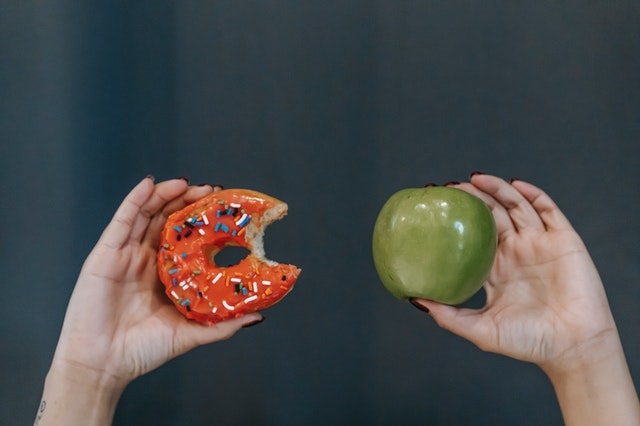
Calories and Energy balance
When it comes to fat loss, it’s all about energy balance. All food contains energy. We measure this “food energy” with a unit called calories. When you hear something has 100 calories, it’s a way of describing how much energy your body will get from eating or drinking it.
All foods contain different macros, which are protein, fats and carbohydrates
Protein: Protein is the building block of the body which is structured by a chain of amino acids. You need protein in your diet to help your body repair cells and make new ones.
Carbohydrates: Carbs are sugar molecules. Your body breaks down carbohydrates into glucose which is the body’s preferred source of energy for your cells, tissues and organs.
Fats: Fats allow you to store energy, cushion organs, make certain hormones, absorb fat soluble vitamins and help with cell membrane integrity.
Some foods are more nutrient dense while others are more highly processed and highly palatable making them easier to over eat.
You can eat a donut for 300 calories, and you can also eat a salad that is 300 calories.
They both have the same energy balance. So, YES! You can eat only donuts and lose weight. Does that mean you should? Probably Not. You’d feel like shit.

What is a calorie deficit?
A calorie deficit is any reduction in the number of calories consumed relative to the number of
calories needed for maintenance of current body weight. A deficit can be created by reducing
calories consumed by lowering food intake, such as dieting.
No matter what foods you eat if you are in a deficit you WILL lose weight/fat.
The difference between the donut and the salad is that the donut will not fill you up, there is no volume and barely any protein.

Protein is what helps you in a deficit
Protein is what helps keep you full and maintains muscle while you are in a deficit
So, if you were to have a donut for breakfast every morning, you may find yourself hungry as hell a few hours later. The donut doesn’t have much protein or micronutrients, and therefore won’t keep you full long. It really doesn’t have much
nutritional value. However, it is still true that Yes, you can eat the donut everyday and lose weight because weight loss is all about energy balance.
The salad has a ton of nutrients, full of volume, fiber and topped with protein. It will keep you full a lot longer than the donut.
You can still eat the donut everyday and lose weight. It just may not be as easy as you’re likely to deal with additional hunger.
Salads, as mentioned previously, have the ability to satiete us for longer periods due to the increased nutritional content they contain.
This is why I say eat nutrient dense foods 80% of the time and fit in those fun foods the other 20%. Is using the word fun contradicting labeling foods good or bad?
Find and do what makes YOU feel good and what makes fat loss easier for YOU!
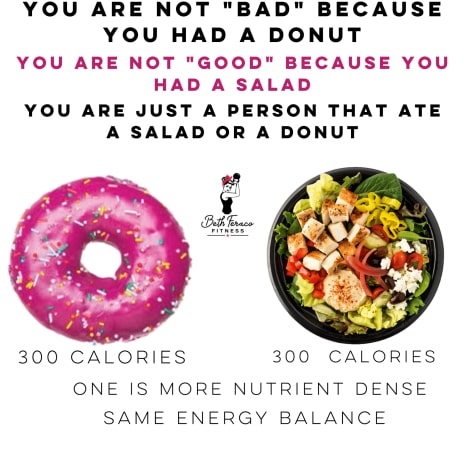
Your relationship with food
Food is more than fuel. Food is a connection, family, tradition, etc.
Food has no moral value, but we behave as though it does.
Healing a relationship with food requires us to include all foods without attaching moral value to them.
Eat foods that make you feel good and provide essential vitamins and minerals but that also feed the soul
Having a healthy relationship with food means no longer looking at food as either a reward or punishment. It means making a conscious effort to put nutrient dense foods in your body while including foods that are more “fun”.
Revisiting that thought from earlier, does labeling foods as fun make other foods not fun? My mind makes a connection between fun = good, not fun = bad. Doing so will allow you to start noticing all the foods you can add rather than what should be taken away.
As a society, we are constantly told which foods are “good” or “bad”, and whether they will or will not help us reach our goal. We want something to work and just maybe this next “diet” or “quick fix” is the key and there will be no need to diet again. It’s human nature to want everything to be black and white, and salespeople are well aware of that
Instead of demonizing foods and labeling them, we should simply recognize these foods as having a place in our diet so long as we learn to control and moderate their consumption. The key is awareness, moderation and mindfulness.

Moderation.. What is it?
Moderation is literally defined as “the avoidance of excess or extremes”. The very opposite of moderation is binging, something we’ve all likely experienced. Research shows that we are very likely to feel the need to overeat something when we restrict it from our diet. We always want what we can’t have. Try telling your 10 year old that he can’t do something; they’re going to only want to do it more.
Now ask yourself, “How often are the foods that you restrict things that you consider “bad foods”? Do you ever find yourself overeating these foods when you can no longer stand resisting them? What would happen if you changed your perspective on good foods and bad foods, and recognize that all foods can be a part of a very healthy diet?.
Practicing Mindfulness and Moderation
Decide what moderation looks like to you. To me, it’s eating fruits, veggies, whole grains and lean protein 80% of the time, while still eating sweets, and decadent foods 20% of the time. I don’t have any rules, which is sustainable for me.
Enjoy what’s meant to be enjoyed. Treats are treats! They are meant to be enjoyed, GUILT FREE! (This is where you will practice no typical “guilty” talk.)
Example: “Omg I know I shouldn’t be eating this, I’m so bad”. Instead focus on the pleasure of the experience. You had a slice of pie and it was delicious! You savored the moment. It was just pie.
Eating mindfully is being fully aware of the food you are eating. Try eating all your meals and snacks seated and portioned on a plate. This way you are not mindlessly snacking out of a bag or box. Eat slowly and acknowledge how you feel and truly be present.
Eat when physically hungry. Eat slowly while allowing your body to detect when it’s full, and stop eating when satisfied (not so full you can’t breathe)
Enjoy your favorite foods when you crave them!
Food is just food and it is meant to be enjoyed. You are neither “bad” nor “good” for your food choices! Eat foods that also nourish your body as well as nourish your soul.
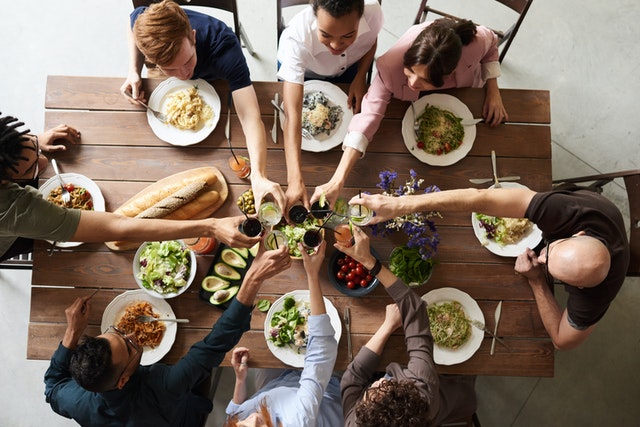
Share :
Twitter
Telegram
WhatsApp
ACHIEVE FOOD FREEDOM
Subscribe to our newsletter of our latest articles and the best tips about food
